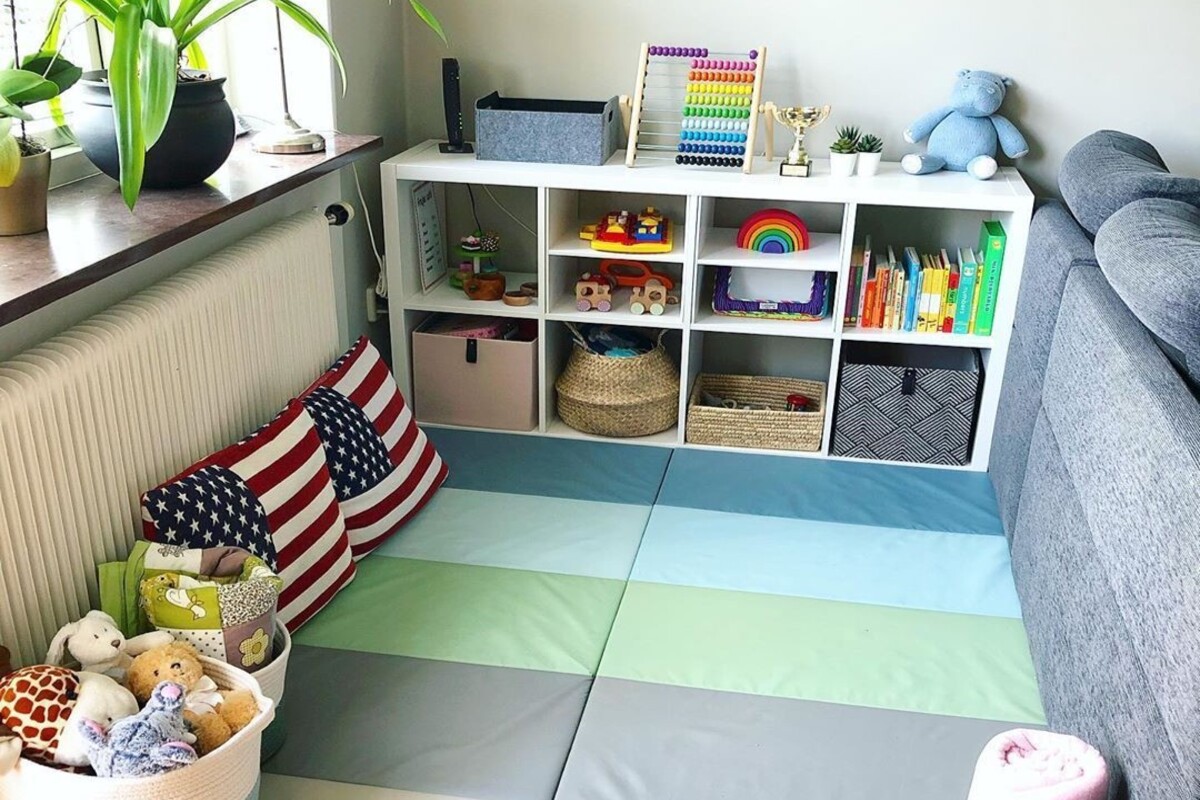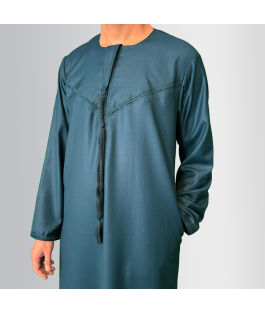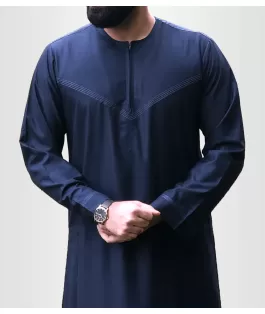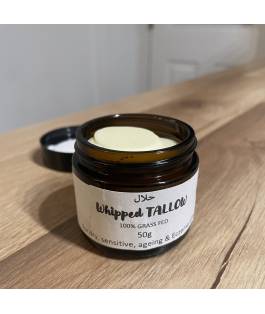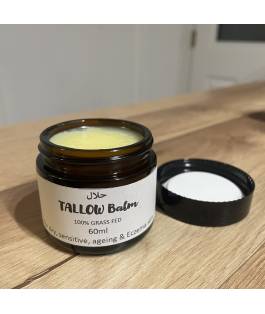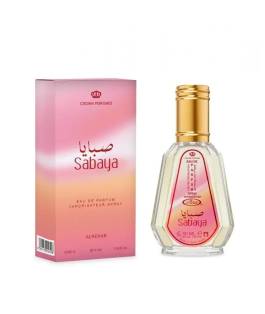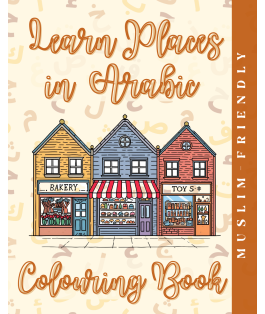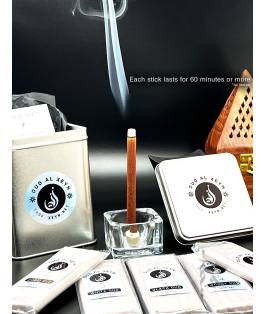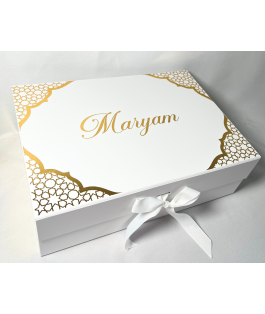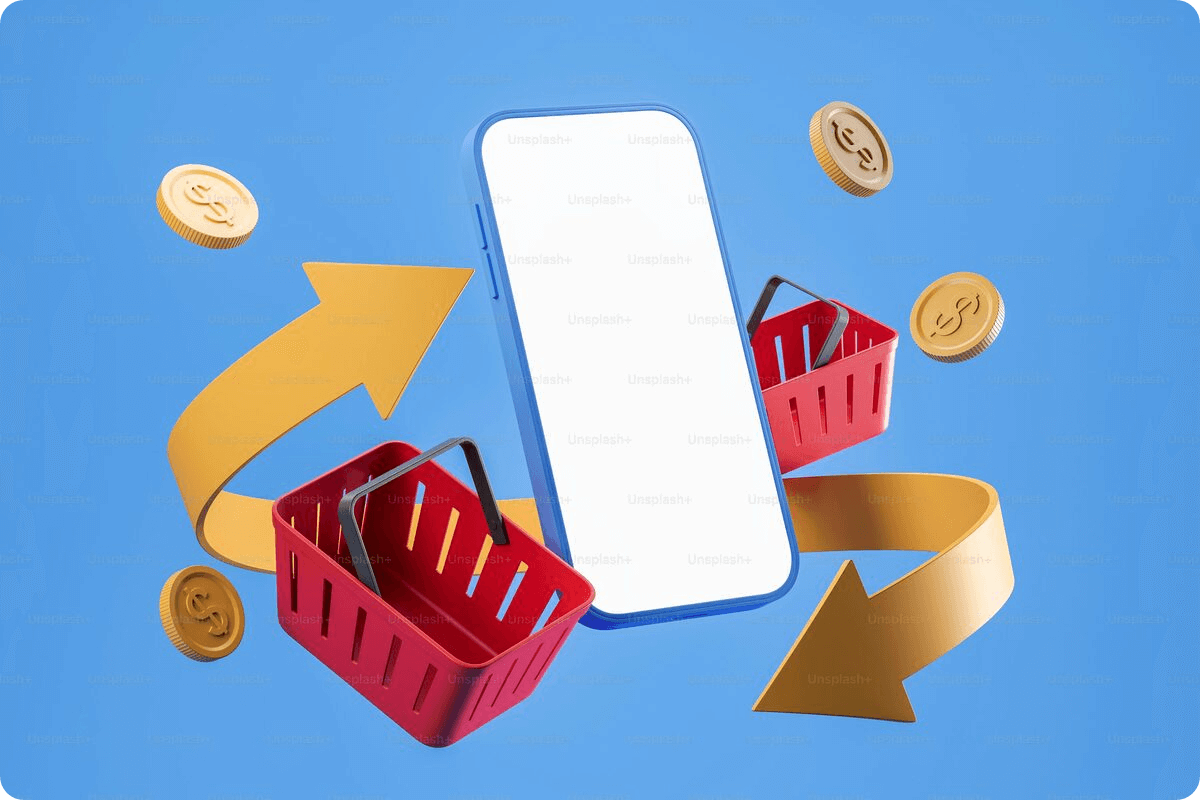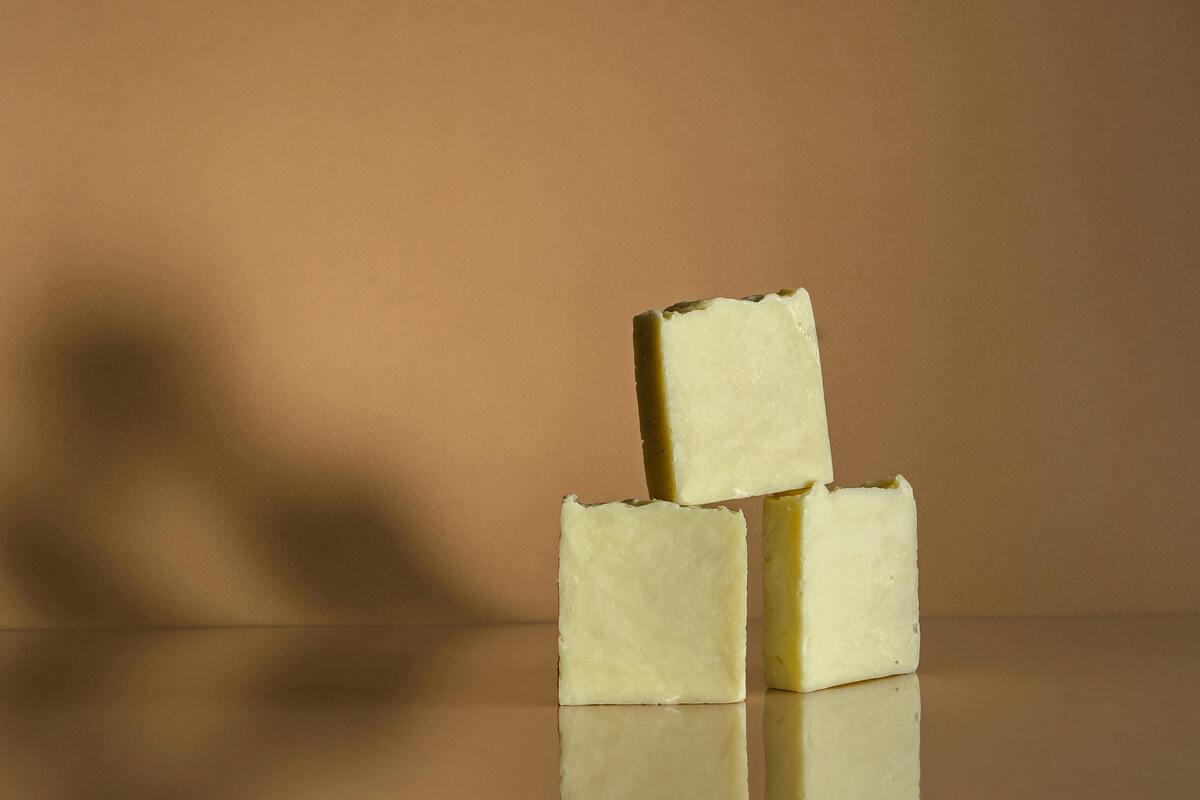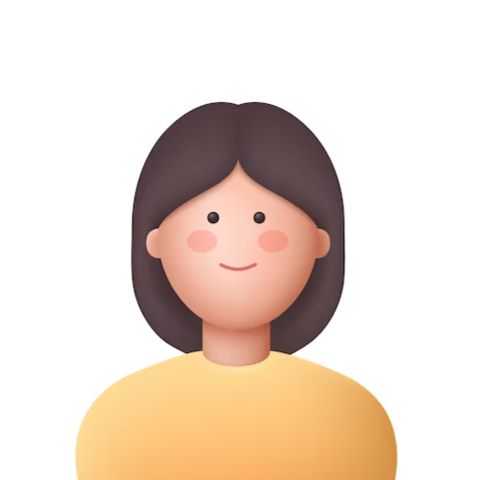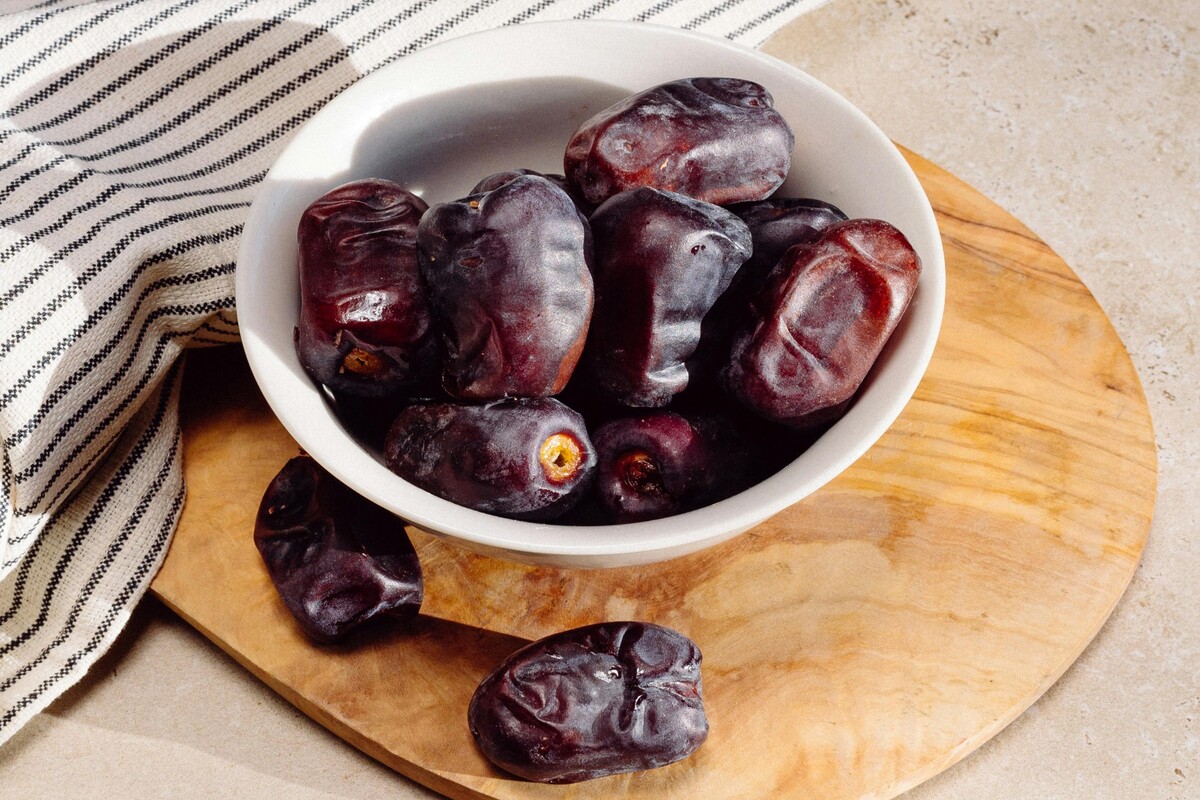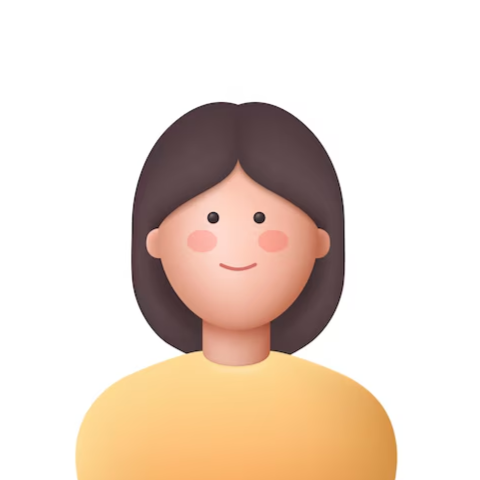As a Muslim parent, you want your home to reflect peace, purpose, and clarity. A tidy space helps children focus, enjoy play, learn, and feel calm. At the same time, you want to honour the value of cleanliness in the home, after all, the Prophet (PBUH) said that,
“Cleanliness is half of faith”
(Sahih Muslim 223)
Here are 8 smart toy-storage and organisation ideas that are especially helpful for a Muslim family environment.
Shop Meaningful Islamic Toys at Riwaya
At Riwaya, we bring together trusted sellers who create meaningful Islamic toys for children. From Arabic alphabet puzzles to Qur’an storybooks and Salah learning sets, our marketplace is filled with toys that make faith fun and engaging.
Each product is carefully chosen by our sellers to help children learn Islamic values through play. Whether you’re looking for gifts or everyday play items, you’ll find a wide range of quality Islamic toys here, all from Muslim-owned small businesses that share the same love for learning and faith as you do.
1. Categorise and Label: Make Zones for Big and Small

Why it matters: When you have a mix of large trucks or ride-ons + little stacking blocks or Islamic books, it’s easy for toys to end up all over the floor. A set of clear zones helps children know where each toy belongs.
How to do it:
a. Choose one corner or shelf for large toys (how to store large toys). Maybe a low wardrobe, a bench with the ride-on beneath, or a large labelled bin.
b. Use smaller boxes or baskets for little toys (how to store little toys). For instance, a clear plastic box for mini figures, and another for building blocks.
c. Label each container with words + picture icon (helpful for young kids).
In a small room or small space, use vertical shelving so you don’t lose floor space.
Muslim-family tip: Add a small token box for “Islamic toys” like a prayer-mat set, a Salah learning board, an Arabic alphabet puzzle, or a Qur’an story set. This gives special value and respect to these items and teaches children to put them back in their place.
2. Use Multi-Functional Furniture in the Living Room

Why it matters: The living room often becomes the main play area, and it’s easy for toys to take over. The goal is to keep it practical for play yet tidy and inviting for guests. Smart toy storage helps you maintain a peaceful, clutter-free space without losing the warmth of family life.
How to do it:
a. Use an ottoman with a lid: children can throw toys inside after playing, and it also works as seating.
b. Use low shelving units against the wall, with baskets for toys. Leftover space on top can hold decorative Islamic art, a small shelf of du’ā books, or a plant.
c. If space is extremely tight, pick a storage bench under a window where ride-ons sit on the floor and other toys are inside the bench.
Muslim-family tip: Keep one shelf dedicated to Islamic books, domino sets or puzzle games with Islamic themes. This subtly teaches the child that playing and faith go together.
3. Rotate Toys and Store the “Old Toys” Away

Why it matters: Toy fatigue sets in quickly. Your child plays with one set for a while; then it sits untouched. Meanwhile, it still takes up space.
How to do it:
a. Pick 2 or 3 toy sets to keep accessible for now; others go into a sealed bin or cupboard out of daily reach.
b. After 2-3 weeks, swap them. The “new” toys feel fresh; the room feels less cluttered.
c. Older toys might get donated, gifted, or stored. Use a labelled box “Old Toys - Storage/Donate.”
This also helps in a small room: fewer toys on the floor means more space to move.
Muslim family tip: When rotating toys, include a few Islamic ones in every batch, such as Qur’an story cards or an Arabic alphabet puzzle. This keeps faith-based learning fresh and exciting, just like the other toys. It also helps your child see Islamic playtime as something to look forward to.
4. Wall-Mount and Under-Bed Storage for Little Spaces

Why it matters: When you have a small bedroom or a small space, floor space is precious.
How to do it:
a. Use wall shelves or floating cubes for books, little toys, and building blocks.
b. Under-bed drawers work well for items like puzzles, craft kits, or soft toys.
c. Use over-door shoe-organisers with clear pockets: great for small toys, action figures, or mini-games.
d. Label each pocket or drawer so children know where to put things back.
Muslim-family tip: Dedicate one wall shelf for faith-based items like a mini Qur’an stand, a children’s prayer mat, or an Islamic puzzle. Encourage your child to handle these with care and return them after use. When they do, praise them gently. This helps them connect tidiness with respect for Islamic items and builds good habits naturally.
5. Create a Daily 5-Minute Toy Tidy Routine

Why it matters: No matter how clever the storage, if kids’ toys pile up over time, even large toys can become obstacles. A simple routine helps everyone stay on track.
How to do it:
a. Set a timer for 5 minutes at the end of playtime: children and parents pick up all toys and put them back.
b. Teach the child: choose one large toy, one medium, and one small to return each time.
c. Make it fun and fast, not a chore.
Muslim-family tip: Link it to a sunnah of the home: The Prophet (PBUH) used to tidy his own home, help out.
6. Transparent/ Clear Bins

Why it matters: Children tidy up more easily when they can see where things belong. Clear or colour-coded bins make it simple for them to spot what goes where, helping to keep the play area organised.
How to do it:
a. Use clear plastic bins so the child sees what’s inside without opening.
b. Alternatively, use colour-coded baskets: blue = vehicles, green = building blocks, pink = dolls, yellow = Islamic books/games.
c. Place a photo or icon of the toy’s type on the bin lid or side for non-readers.
d. Keep bins at child-height so they can reach, pick up and store by themselves.
Muslim-family tip: Add an elegant label for the “Islamic toys” box: e.g., “Sunnah Play” or “Faith Fun”. It emphasises these items are just as fun, and helps the child appreciate their value. This also helps integrate faith into everyday living spaces.
7. Give Big Toys Their Own Spot

Why it matters: Large toys, such as ride-ons, play kitchens, and big teddy bears, can quickly take over your space. Giving them a dedicated spot keeps your home tidy and makes it easier for children to know where everything belongs.
How to do it:
a. Choose one corner of the room for large toys. A small rug can define the space and make it feel like their special play zone.
b. Keep a low shelf or basket nearby for any accessories, like helmets or toy parts.
c. If space is tight, store bulky toys like scooters or slides in the garage, hallway, or balcony when not in use.
d. Use wall hooks for bikes and scooters to keep the floor clear and easy to clean.
Muslim-family tip: You can also turn this corner into a calm “quiet play” area. Place a few Islamic books, puzzles, or flashcards nearby and encourage your child to use it for gentle reading or reflection. It helps them enjoy playtime while learning about their faith in a relaxed way.
8. Encourage Giving, Sharing & Respect for Toys

Why it matters: Organising isn’t only about finding a place for everything, it’s also about knowing what to keep. Helping your child let go of toys they no longer play with prevents clutter and teaches meaningful lessons about gratitude and generosity.
How to do it:
a. Every few months, go through the toys together. Ask gentle questions like, “Do you still enjoy this one?” or “Shall we share this with another child?”
b. Repair broken toys if possible. If not, recycle or dispose of them properly.
c. Keep a small box labelled “To Share” or “To Donate” so your child knows exactly where to place toys they’ve outgrown.
Muslim-family tip: Link this activity to the Islamic value of sadaqah (charity). Explain that when we give to others, Allah rewards us and fills our home with barakah. You can say something like, “When we share our toys, we make another child happy, and Allah loves that.” It’s a simple yet powerful way to teach compassion through everyday actions.
Conclusion
Organising your kids’ toys doesn’t have to be stressful. By using simple routines and smart storage (bins, shelves, rotations), you can manage toys of all sizes and in all spaces, small rooms, living rooms, bedrooms, or play corners.
For a Muslim family, you add that extra layer of meaning: teaching respect for belongings, linking play with faith, and building habits of tidy living. And remember: even the act of cleaning and organising is part of worship when done with the right intention.
So pick one or two ideas from above, implement them this week, and you’ll likely see the difference. A more peaceful, inviting play-space. A calmer living area. Children who know where their toys belong. And a home that reflects the blessings of order, simplicity and faith.
Selling with Riwaya
Do you create or sell Islamic toys that make learning fun for children? Whether it’s Qur’an storybooks, Arabic alphabet puzzles, or prayer learning sets, Riwaya can help you share your creations with families across the UK.
With over 700 sellers already onboard and hundreds of thousands of monthly visitors, Riwaya connects you with Muslim parents actively looking for meaningful, faith-based toys for their children.
Our team takes care of SEO, marketing, and product listings, so your toys get seen by the right audience. That means you can focus on designing products that inspire young minds and nurture their love for Islam.
Join Riwaya today and enjoy your first month FREE. Start selling your Islamic toys on a trusted platform built to support Muslim creators and help families find products that truly matter.
































